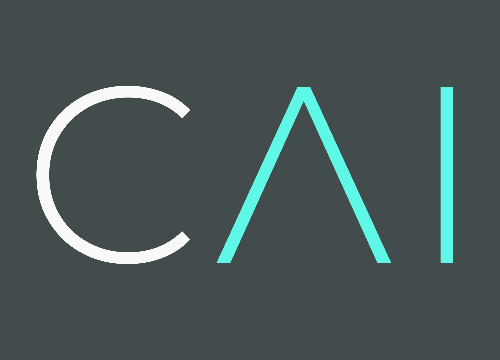Hi and Happy Sunday!
I am having trouble structuring equations for quantitative problems. I have a strong technical background but I always complicate the problem and get lost. I would greatly appreciate any tips on how to best think through a quantitative case problem and set it up.
Many thanks!




















